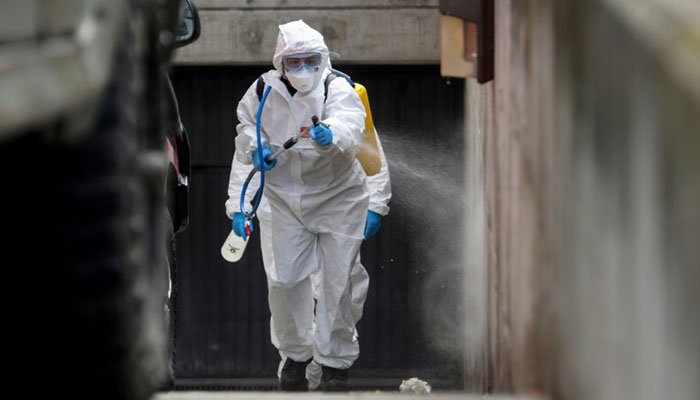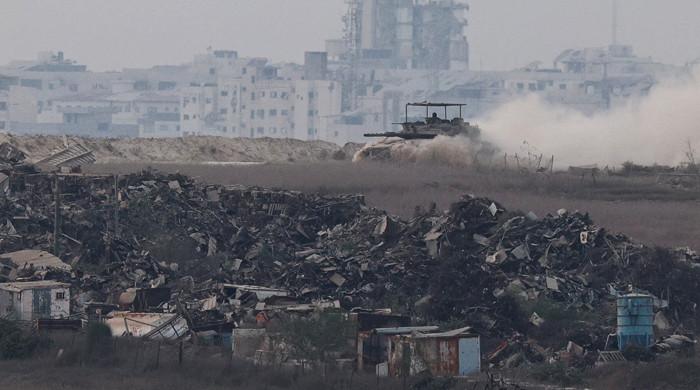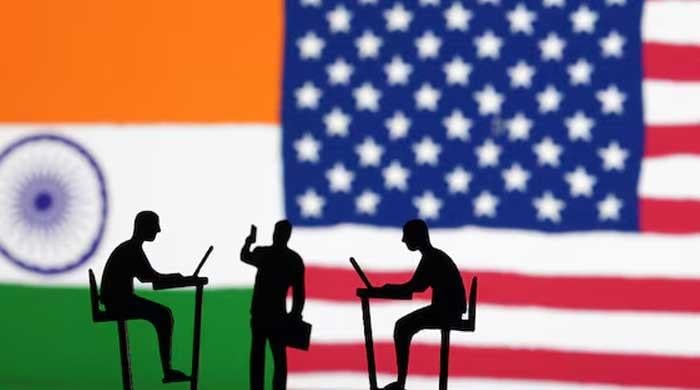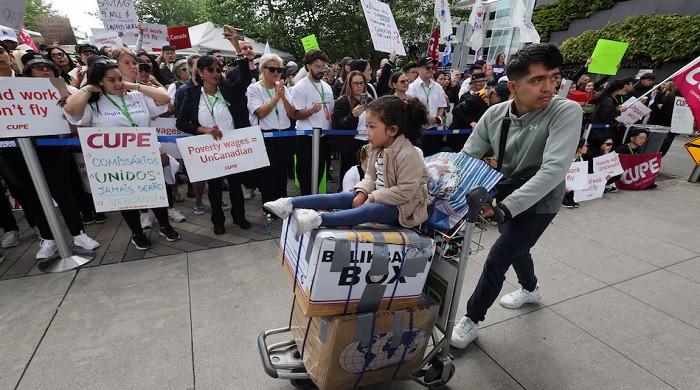For future travel, antimicrobial sprays can prove crucial to ward off viruses
Experts believe when it comes to daily commute and other forms of travel these sprays will fight off viruses on contagious surfaces
May 15, 2020

Hard surfaces provide an ideal breeding ground for spreading viruses and bacteria among populations as people frequently touch or expose themselves to handrails, walls, glass surfaces, trays and other objects.
According to a report by ABC News, keeping the surfaces clean is of crucial importance to stop the cycle of constant exposure and probable infections, patricularly when it comes to daily commute and other forms of travel.
Scientists and experts believe that resuming normal activities, albeit on a limited scale, can lead to violation of the social distancing principle and people will also come into contact with surfaces laden with viruses or microbes.
“We know the virus exists on inanimate objects, like tray tables and armrests… We need to take measures that will at least be somewhat protective when we are unable to social distance,” Senior Vice President for travel risk consulting firm International SOS Dr Robert Quigley told the publication.
The report said that New York City’s Metropolitan Transportation Authority has come up with a plan to try out three antimicrobial coating products that can create protective barriers against germs so that travelling can become somewhat safer.
Environmental virologist Charles Gerba called the antimicrobial coatings a ‘breakthrough in infection control’, adding that it will keep the surfaces clean for a longer while.
“The idea that anytime a surface gets contaminated, it starts killing the virus -- that’s the big advantage. The problem with traditional disinfectants is, as soon as you let everyone back in, the area is all contaminated again.”
In an experiment, the virologist said that a spray from Allied BioScience was used on a surface which was intentionally contaminated with a ‘million viruses’ two weeks later to see the results.
“Within 10 minutes, the number of viruses was reduced by more than 90%; within two hours, more than 99.9%,” said Gerba, who carried out the test using a different virus from the coronavirus family.
It is pertinent to mention that SARS-COV2, which causes COVID-19, was not among the viruses, although the Environmental Protection Agency officials expressed hope that if the product killed the tougher viruses then it can work effectively against the prevalent strain of coronavirus.
The research is in the process of getting peer-reviewed and is leading to similar tests on other objects such as PPEs.
After an ease in lockdown situation all over the world, it can be easier to envisage a future where a technician in safety gear, equipped with a spray gun, will be regularly seen going about his business of disinfecting places.











